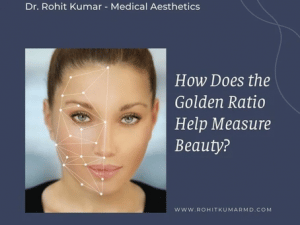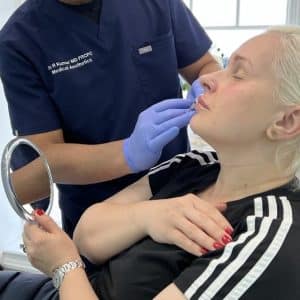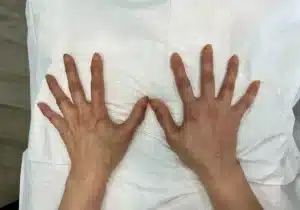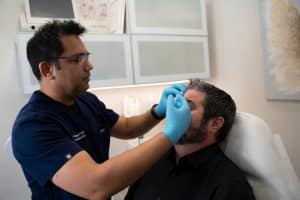Introduction: What causes Acne Scars?
Acne is caused by the overproduction of oil, which leads to clogged pores. Bacteria builds up in these clogged pores, leading to inflammation and infection. The most commonly affected areas include the face, neck, shoulders, chest and back area. It is most common during the teens and twenties, however can persist into the thirties and forties.
Acne is often difficult to treat and initial treatments involve topical creams, antibiotics and other oral medications. If the inflammation is severe and persistent, it will cause damage to the underlying and surrounding skin tissue, leading to the formation of scars. These scars have many types, such as:
- Ice pick scars
- Boxcar scars
- Rolling scars
It is important to have a good good skincare routine including cleansing the skin twice a day, using proper moisturizers and sunscreen to protect your skin from hyperpigmentation. More recently PRP therapy for active acne and acne scar treatment has become popular and effective.
What is PRP Skincare for Acne Scars?
PRP or Platelet-Rich Plasma therapy, is a skincare treatment that involves taking an individual’s own blood, processing it to separate the platelet-rich plasma from the rest of the blood, and then re-injecting that plasma back into the patient’s skin.
The platlet rich plasma contains factors that help rejuvenate the skin by stimulating collagen production, promoting healing, and increasing circulation leading to a healthier appearance of the skin and reduced acne and scarring.
Once established, scars may be difficult to erase completely, but microneedling with PRP can help reduce the appearance of scars by enhaced collagen and elastin production. Subcision is another technique that can be combined with PRP to release the ‘fibrous bands’ which pull down the skin causing the scars.
THE BOTTOM LINE
Injecting PRP (Platelet-Rich Plasma) in the areas of acne and acne scars helps accelerate your healing process and promotes the growth of new collagen, improving the appearance of scars. PRP has the added benfit of skin tone and texture.
It is always best to consult with a medical professional to determine the best course of treatment for your acne.
About Dr. Rohit Kumar
After graduating medical school at Dalhousie University, Dr. Rohit Kumar completed his Anesthesia Fellowship at the University of Toronto. He is a practicing Anesthesiologist at Trillium Health Partners Hospital in Mississauga, and also a member of the Acute Pain Service.
Trained by the Canadian Board of Aesthetic Medicine, Dr. Kumar pays great attention to detail and maintains the highest standards. His extensive training in anesthesia and pain management are unique assets to ensure you have a safe and comfortable experience.






